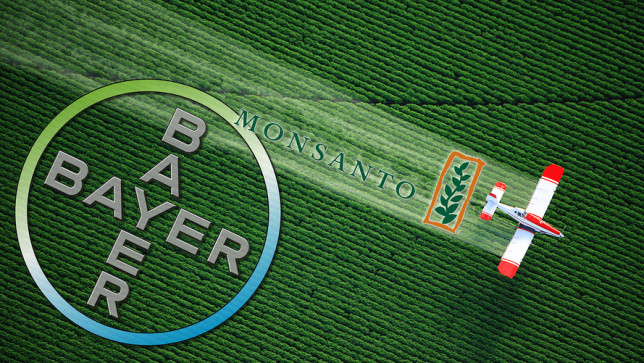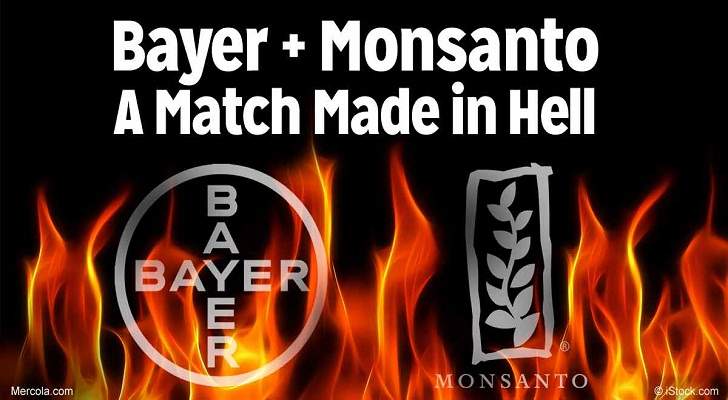Sustainable Food - Apr 27 2019
Bayer chief executive Werner Baumann was dealt a blow Friday at the German chemical giant’s annual general meeting, amid tensions over last year’s decision to buy US seeds and pesticides maker Monsanto, as disgruntled shareholders voted against management.

At the AGM in Bonn, 55.5 percent voted against the management board, led by embattled CEO Werner Baumann, with just 44.5 percent of shareholders in favour – a huge drop down from 97 percent support last year.
The result is a slap in the face for Baumann and his management team. Although the vote carries no direct consequences, it is a clear statement by disgruntled shareholders.
Around 500 protesters gathered outside the Bonn conference centre with placards mocking Bayer’s corporate motto “science for a better life” or calling to “stop glyphosate”, the Monsanto-made herbicide at the centre of the group’s woes.
Inside, investors were fuming.
“Bayer has choked on Monsanto,” said Ingo Speich of Deka bank. “The company risks being taken over and dismantled.”
Mark Tuemmler of investors’ federation DSW said 2018 was “a nightmare for shareholders”.
– ‘A scandal’ –
Bayer’s share price fell last year by around 40 percent following its $63 billion takeover of Monsanto in June — the biggest in German history.
At 57 billion euros, its market capitalisation is little higher than the price it paid to acquire Monsanto in the first place.
“A scandal,” Tuemmler said.
Opening the meeting, Baumann acknowledged that some 13,400 US lawsuits relating to glyphosate and initial unfavourable judgements against Bayer “are placing a heavy burden on our company and worrying many people”.
Last year’s share price plunge was driven by the first of two jury rulings so far that have awarded plaintiffs — cancer patients who had been exposed to glyphosate over long periods — $80 million each.
Baumann complained that such decisions had been based on a 2015 finding by World Health Organization arm IARC that glyphosate “probably” causes cancer.
“We remain convinced of the safety of glyphosate,” the CEO said, recalling regulators worldwide found no new evidence that the pesticide causes cancer in reviews prompted by the IARC judgement.
In the two cases already heard, “we remain optimistic that the next higher courts will reach different verdicts,” the CEO added, calling for “decisions based on scientific analysis — and not on emotions”.
The business case for the merger remained as strong as ever, he assured investors, with the merged companies now operating “leading businesses in chemical and biological crop protection, in conventional and biotech seed, and also in digital farming”.
And he reiterated the group’s targets — including its pharmaceutical and over-the-counter medicines units — to increase sales four percent, to 46 billion euros ($51 billion) in 2019, with an operating profit before special items of 12.2 billion euros.
Current market reactions were “exaggerated” and did not reflect Bayer’s “true value”, he said.


